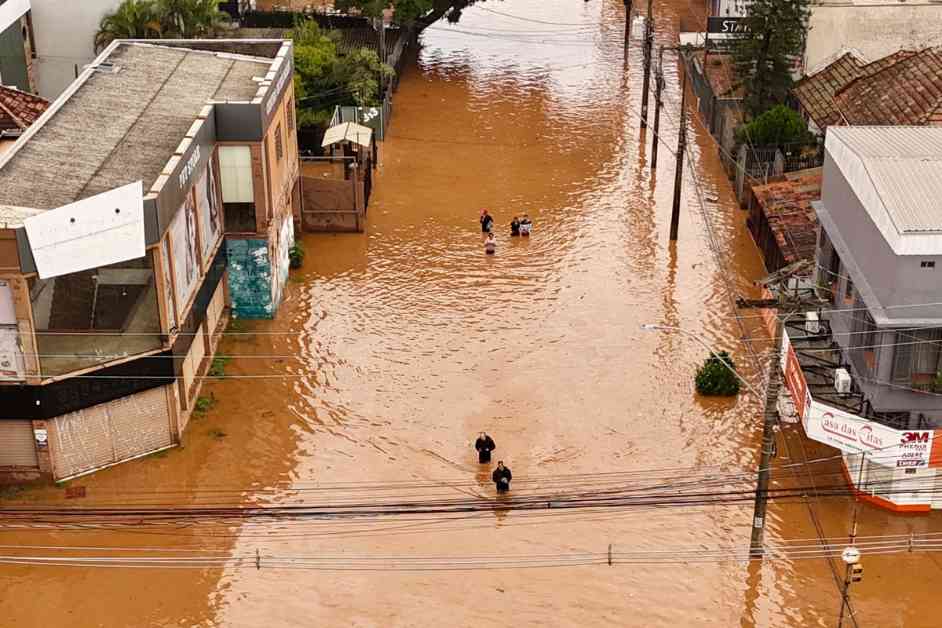Climate lawsuits are becoming more common around the world, holding both governments and companies accountable for their role in climate change. According to a recent report from the Grantham Research Institute on Climate Change and the Environment, there were at least 230 new climate cases filed in 2023. However, the growth of these cases seems to be slowing down compared to previous years.
Researchers Joana Setzer and Kate Higham pointed out that this slowdown could indicate a more focused approach to strategic litigation in areas where it can have a high impact. Despite this trend, climate lawsuits are spreading to new countries, with cases being filed for the first time in Panama and Portugal in 2023.
One notable development is the increase in “climate-washing” cases, where companies and governments are challenged over misleading climate claims. These cases have been quite successful, with over 70 percent of completed cases ruling in favor of those challenging the claims.
Moreover, the targets of climate litigants are expanding beyond just the fossil fuel sector. Airlines, financial services firms, and food and beverage companies are now also facing legal action for their contribution to climate change. There is also a growing potential for lawsuits challenging governments’ net-zero targets.
The United States leads in the number of climate cases filed, with 1,745 lawsuits in total, including 129 new cases in 2023. Other countries like the United Kingdom, Brazil, and Germany also have a significant number of climate cases. The report identified cases in Hungary and Namibia for the first time, bringing the total number of countries with climate cases to 55.
A new category of “transition risk” cases has emerged, targeting corporate directors and officers for managing climate risks. Shareholders at the Polish utility Enea approved a decision to bring a case against former directors for investments in a new coal-fired power plant. Additionally, cases challenging the financing of projects not aligned with climate action have been on the rise.
While most climate lawsuits aim to address climate change, some cases are actually obstructing climate action. For instance, a consumer protection lawsuit against investment giant BlackRock was found to be intentionally seeking to hinder climate progress. The report also highlighted a Montana court ruling that held the state responsible for failing to consider the climate effects of oil and gas infrastructure.
In the United States, there are ongoing “polluter pays” lawsuits where local governments seek compensation from the oil and gas industry for their contribution to climate change. The discovery phase of these cases may lead to significant changes in the political debate surrounding climate action.
Overall, climate lawsuits are playing a crucial role in holding entities accountable for their actions that contribute to climate change. As these cases continue to evolve, they are shaping the conversation around climate governance and the responsibilities of governments and corporations in addressing climate change.






